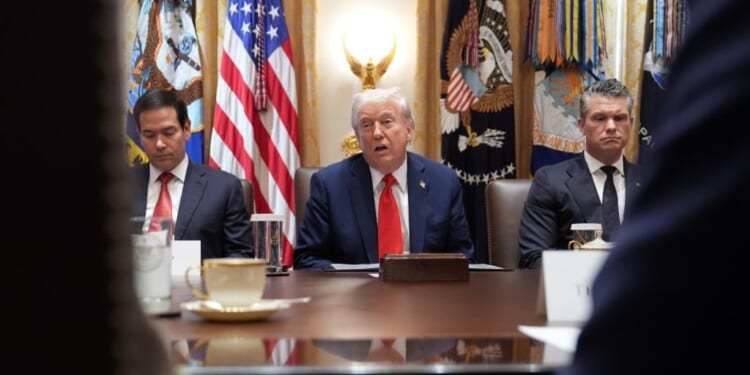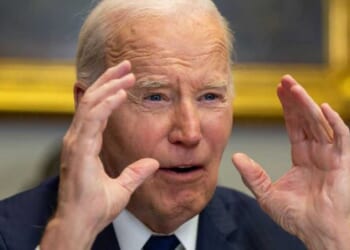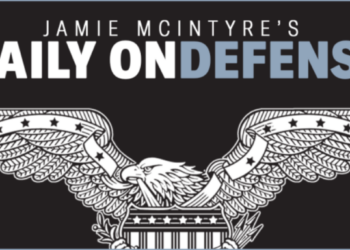United Nations High Commissioner for Human Rights Volker Türk on Friday condemned deadly U.S. military strikes on boats allegedly carrying drugs and cartel members, calling for a swift investigation into the matter.
“These attacks and their mounting human cost are unacceptable,” he said in a statement during a U.N. briefing that argued the strikes “violate international human rights law” and was conveyed through spokeswoman Ravina Shamdasani.
“The U.S. must halt such attacks and take all measures necessary to prevent the extrajudicial killing of people aboard these boats,” he added, calling for “prompt, independent, and transparent investigations” into the U.S. government’s actions.
At Secretary of War Pete Hegseth’s direction, the Pentagon has carried out multiple strikes primarily targeting vessels in the Caribbean waters coming from Venezuela that are accused of being loaded with drugs and cartel members.
By October 8, the U.S. had carried out four such strikes. Hegseth said four “male narco-terrorists” were killed in an Oct. 3 strike. Trump later announced a strike carried out on Oct. 14 had killed six “narcoterrorists.” Days later, the president announced another strike had eliminated two more alleged members of drug cartels accused of heading to the U.S. in a vessel carrying fentanyl and other drugs.
“At least 25,000 Americans would die if I allowed this submarine to come ashore,” Trump said. “Under my watch, the United States of America will not tolerate narcoterrorists trafficking illegal drugs, by land or by sea.”
By October 25, the U.S. had carried out at least 10 strikes killing more than 30 alleged drug cartel members, including those belonging to the notorious Venezuelan Tren de Aragua gang. The latest attack was carried out earlier this week, killing fourteen “narco-terrorists,” and reportedly bringing the total number of strikes to twelve and those killed to 57.
The strikes have attracted bipartisan scrutiny due to concerns that Trump lacks the constitutional authority to unilaterally authorize military attacks on drug boats and that public evidence is insufficient that the military targets were proven criminals. The president provoked further criticism this week after his administration refused to admit Senate Democrats into a closed-door briefing offering legal justification for the attacks.
The UN’s human rights chief echoed concerns on Friday. Fights against illicit drug-enforcement trafficking had “careful limits” on lethal force, which should only be used as a last resort against someone posing “an imminent threat to life,” Shamdasani said on Türk’s behalf. “Otherwise, it would amount to a violation of the right of life and constitute extrajudicial killings.”
The strikes are taking place “outside the context” of armed conflict or active hostilities, Türk added.
Trump has suggested land strikes in Venezuela are the next phase of the U.S. military operations. Some experts who are eying the Pentagon’s extensive military buildup in the Caribbean Sea believe such strikes could be “imminent.”
UN REJECTS ‘DISASTROUS’ NUCLEAR TESTING AFTER TRUMP FLOATS RESTARTING EXERCISES
“That is a lot more military force than is required to carry out strikes against drug smugglers,” Retired Adm. James Stavridis, the former top commander of U.S. forces in that region, and a former supreme NATO commander, wrote earlier this week.
“The real target here is Venezuela, and U.S. President Donald Trump’s administration is clearly signaling that land strikes are imminent,” he continued.
















